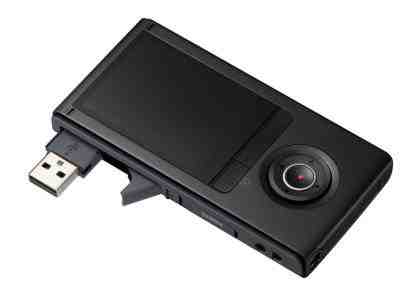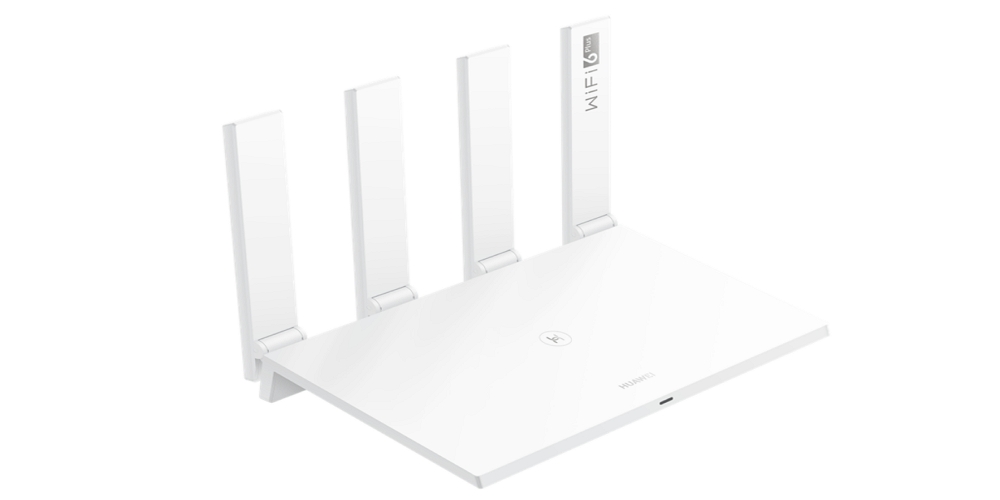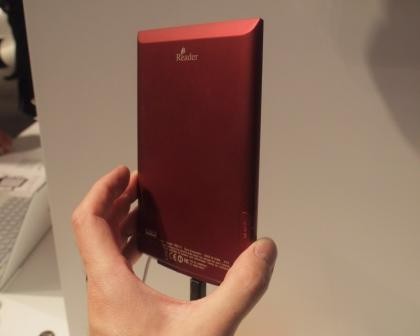Sony Bloggie 3D review
Now that most smartphones can record HD video, pocket camcorders need to do something a bit special to justify their existence. Sony has risen to the challenge with the Bloggie 3D, which – no prizes for guessing – has twin lenses for 3D video and photo capture. At £185, it's the most expensive fixed-zoom video camera but also the least expensive 3D video camera we've seen.

The camera's lenticular display gives a 3D effect without the need for glasses, but its 2.4in size and 230,400-dot resolution don't compare well with the lenticular screens in 3D smartphones and other 3D cameras that we've reviewed. The 3D effect was discernible but not particularly gripping, with blocky details and muted colours. The camera's plastic buttons didn't make a great impression either, and the five seconds from power up to record is a little slow.
Operation couldn't be much simpler. There's a button to toggle between 2D and 3D capture, separate video and photo capture buttons, a button for the LED lamp and another for the self-timer. A 4x digital zoom function is included for 2D videos and photos but it's unavailable for 3D.
There are some thoughtful touches, such as how the interface reorients itself when the camera is held upside down, and also brings up a warning when held in portrait orientation (this aligns the lenses vertically so 3D capture won't work). It's odd that the tripod thread is on the short edge, though, as this encourages portrait-orientation use.
Connections are digital only, with an HDMI socket and an integrated USB plug. There's no card slot but the 8GB internal storage is enough for around 80 minutes of top-quality video, close to the 75-minute tested battery life.
Videos are recorded at 1080p at 30fps, with clip lengths up to 30 minutes. AVC encoding at up to 15Mbit/s produced compression artefacts in fast-moving subjects but handled most scenes well. Low-light clips displayed heavy noise reduction artefacts (the LED lamp made little impact) and artificial light gave footage a yellow tint. Otherwise, picture and sound quality were dependably high, except for the usual wind noise problems.




Leave a Comment